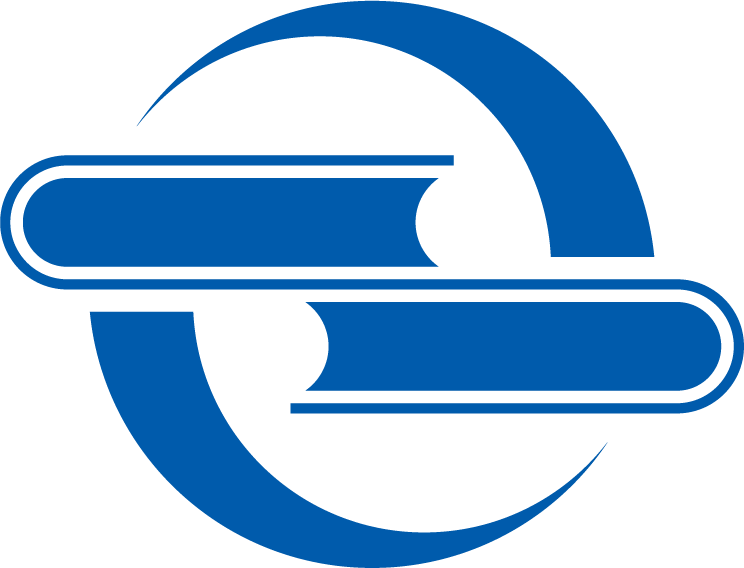
Oral Tradition and the Internet: Pathways of the Mind
口述传统与互联网:心灵的路径
The major purpose of this book is to illustrate and explain the fundamental similarities and correspondences between humankind's oldest and newest thought-technologies: oral tradition and the Internet. Despite superficial differences, both technologies are radically alike in depending not on static products but rather on continuous processes, not on "What?" but on "How do I get there?" In contrast to the fixed spatial organization of the page and book, the technologies of oral tradition and the Internetmime the way we thinkby processing along pathways within a network. In both media it's pathways--not things--that matter.To illustrate these ideas, this volume is designed as a "morphing book," a collection of linked nodes that can be read in innumerable different ways. Doing nothing less fundamental than
challenging the default medium of the linear book and page and all that they entail, Oral Tradition and the Internet shows readers that there are large, complex, wholly viable, alternative
worlds of media-technology out there--if only they are willing to explore, to think outside the usual, culturally constructed categories. This "brick-and-mortar" book exists as an extension of
The Pathways Project (http: //pathwaysproject.org), an open-access online suite of chapter-nodes, linked websites, and multimedia all dedicated to exploring and demonstrating the
dynamic relationship between oral tradition and Internet technology
"<p>John Miles Foley is William H. Byler Chair in the Humanities, Curators' Professor of Classical Studies and English, and the director of the Center for Studies in Oral Tradition at the University of Missouri at Columbia. He is the author or editor of twenty books, including How to Read an Oral Poem.</p>